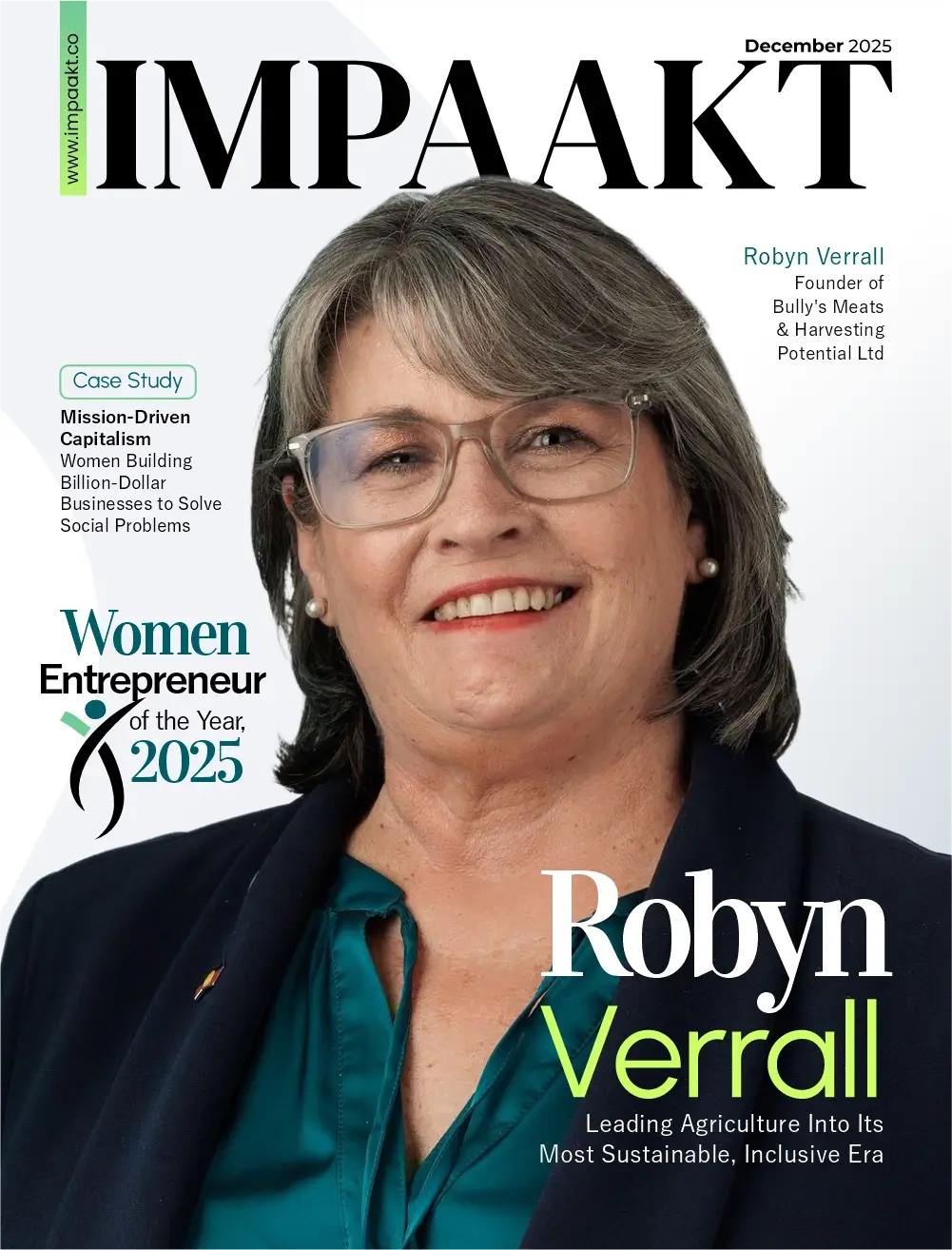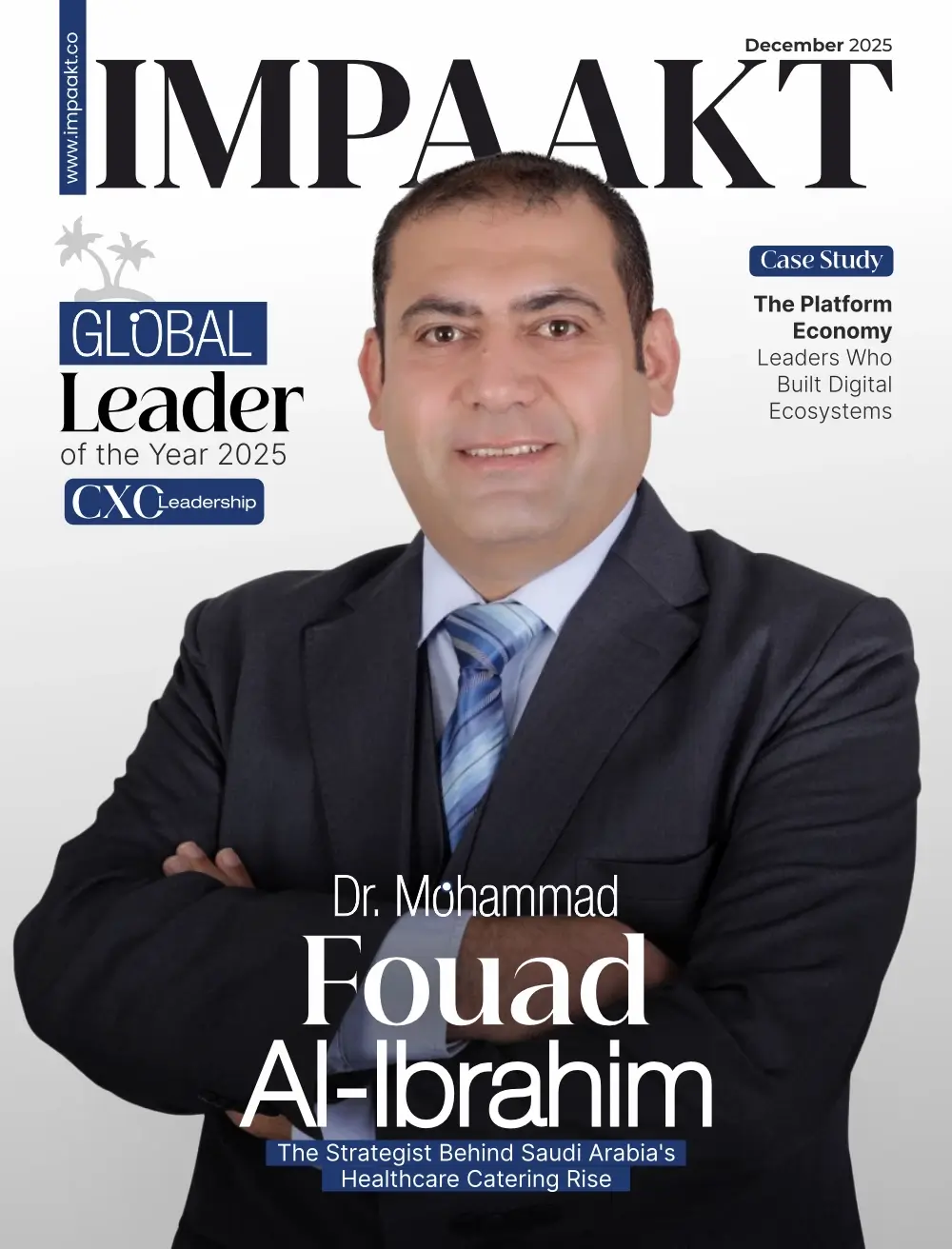Each year on April 7, the world observes World Health Day, honouring the creation of the World Health Organization in 1948. Far more than a ceremonial date, the day represents an opportunity to highlight health inequities and to encourage coordinated action for improved global health systems.
The year 2025 emphasizes global attention on maternal and newborn health with the theme ‘Healthy Beginnings, Hopeful Futures.’ Often overshadowed in healthcare conversations, this focus reminds us that investing in early life stages builds stronger, more resilient communities in the long term. The WHO’s message this year is unambiguous—quality maternal care should not be a privilege. It is a right, a necessity, and a public health imperative. As Dr. Leila Mensah, a maternal health specialist, notes, “Every life deserves a strong start, and that begins with safety, dignity, and access from day one.”
Globally, maternal and newborn health still faces major gaps. More than 800 women die every day due to preventable pregnancy-related complications, largely in underserved regions. Thousands of infants are born into risk without access to quality care. Despite these sobering figures, this year brings renewed focus and innovative solutions.
Governments and healthcare organizations are implementing community-based programs to close these critical gaps. In Rwanda, a new digital registration system ensures that newborns are linked to care from birth, increasing vaccination coverage and follow-up visits. In India, free maternal transportation and nutritional support have expanded to rural districts, reducing delays in care. Sweden has taken a holistic step by including postpartum mental health screenings in national maternal protocols, offering new mothers timely support.
World Health Day activities this year are reaching beyond the usual spaces. Public health campaigns, virtual forums, school-led discussions, and workplace wellness programs are being held in over 80 countries. In Kenya, maternal storytelling circles are helping women share experiences and advocate for safer birthing practices. In France, community centers are distributing prenatal starter kits with vitamins and health information.
Even the corporate sector is participating, with several companies introducing paid health checkups and expanded wellness days.
The theme also pushes for greater personal responsibility in everyday health practices. WHO has emphasized the importance of a well-balanced diet with whole foods, consistent daily movement, and sufficient rest.
Good health is supported not only by clinics and hospitals, but by the everyday choices individuals make. Mindfulness and emotional regulation techniques are being recommended globally to help manage daily stress, while simple habits like staying hydrated and avoiding harmful substances continue to be promoted as foundational lifestyle practices.
This global observance is not just a celebration—it’s a moment to reflect and reimagine. The message is urgent but hopeful: Health equity starts before birth, and its ripple effects last a lifetime.
World Health Day 2025 calls on policymakers, professionals, and people alike to act. Because the health of mothers and newborns isn’t just a personal matter—it’s the future of humanity.











